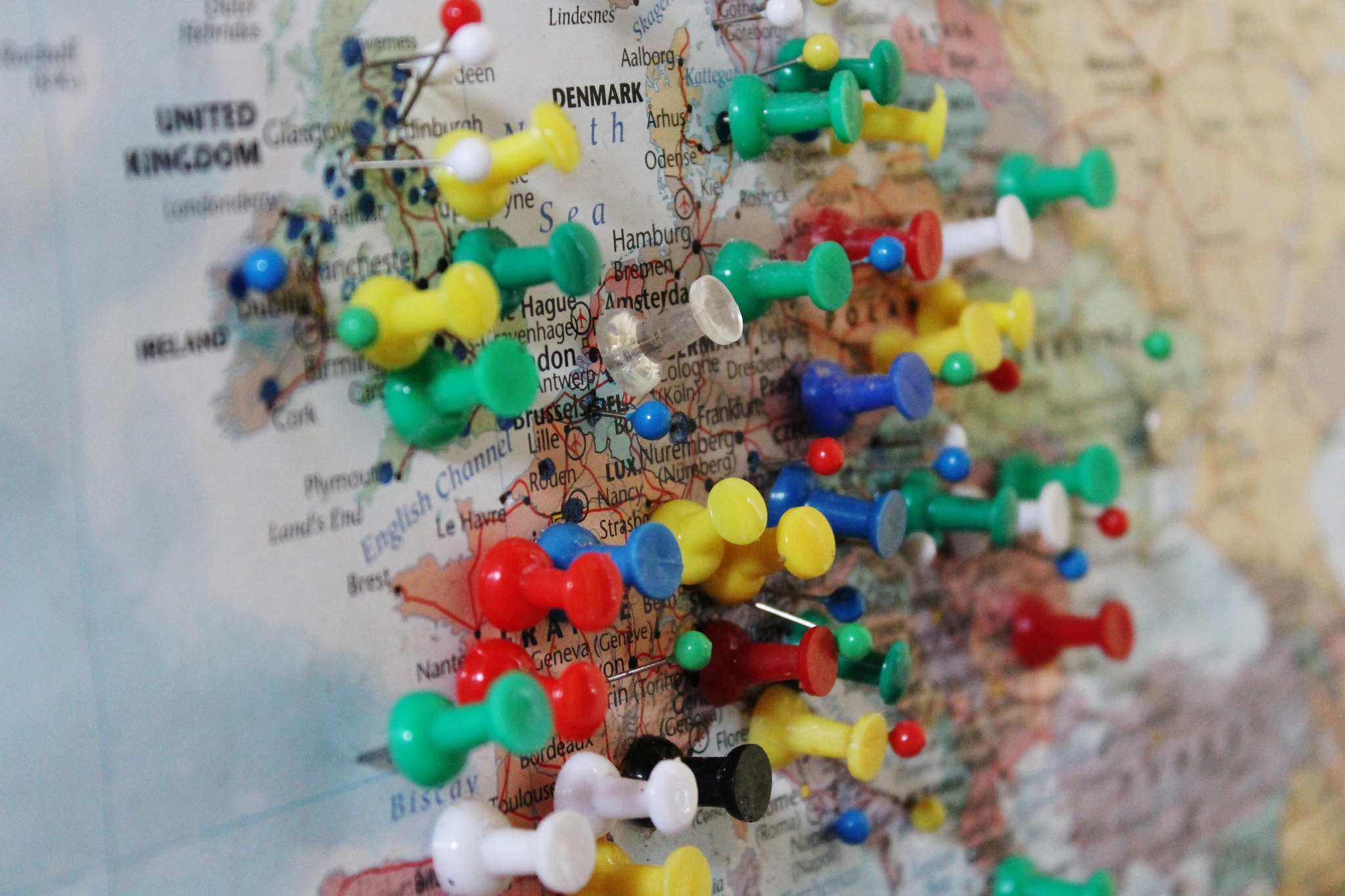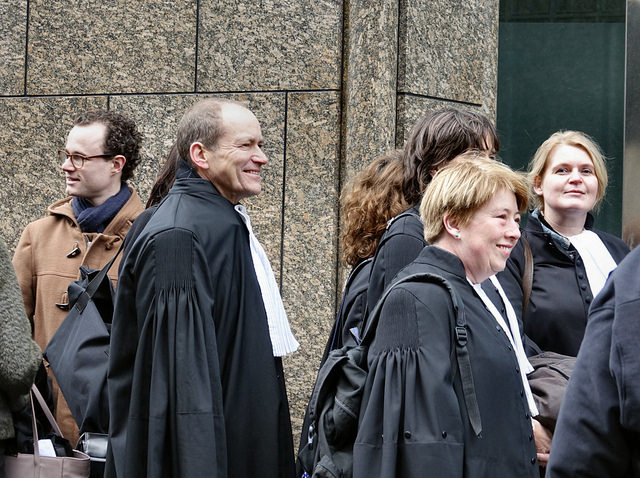Contextualizing Brexit

The European Union (EU) faces challenges after the results of the United Kingdom (UK) European Union membership referendum that was held on June 23, 2016. Yet, Brexit is not the first challenge faced by the EU. Three points invite for reflection on Brexit and the future of the EU.
A first point relates to the role of the UK in the creation of alliances for integration.
How distant is that 1946 speech in which Winston Churchill expressed the need for a United States of Europe, led by Germany and France, with the support of the UK, the US, and the USSR. That speech preceded the creation of the Council of Europe, and the UK was present in that important integration step. The UK also participated in the creation of the North Atlantic Treaty Organization, since there was a call for common defence. However, the UK did not subscribe to the 1950 Schuman Declaration, which paved the way for the creation of the European Coal and Steel Community. The UK was again on the side-lines in 1957 with the treaties of Rome, establishing the European Economic Community (EEC) and Euratom. The European Free Trade Agreement made evident since 1960 that the UK was not completely oblivious to the interaction with the neighbours of the continent, since they tried to establish a counterweight to the EEC. It was then possible to glimpse an interest of the UK in integration, although the interest was only partial. The UK subscribed to the efforts to ensure defence, yet it showed a lack of interest in deepening economic and political integration.
A second point relates to the UK’s efforts to enter the EU
In 1961, the UK requested entry to the EEC, although Charles de Gaulle vetoed the initiative. The UK again requested membership in 1967, and France again vetoed the request. These efforts took place only 50 years ago! The opportunity finally presented itself with Georges Pompidou. Thus, a third effort started, and finally in 1973 the first extension included the UK. The intention to be part of a union overshadowed the remaining feelings on the island. The UK knocked at the door of the EU on three occasions: there was an interest in defence along with political and economic integration.
A third point relates to the way in which the UK accommodated itself within the union, ie, the process of adjustment. Immediately after membership, in 1974, the UK Labour Party, led by Harold Wilson, aimed to renegotiate the terms of membership. Wilson called for a first referendum to determine whether the UK should remain in the union in 1975. 67% voted for “yes.” The process of adjustment continued, and the UK was again controversial in 1979 when Margaret Thatcher demanded the UK Rebate. The peculiarities persisted in the 1980s, as the UK opposed the White Paper of Jacques Delors. Thatcher indeed expressed her disagreement in her 1988 Speech of Bruges. Hello, Mr. Churchill! The Maastricht Treaty again offered grounds for conflict when the UK rejected some terms. Another point of conflict was offered by the invasion of Iraq in 2003, as the UK joined the US in the invading coalition, while Germany and France condemned the invasion. A break in defence and in the EU’s external policies was then noticed. Relations continued to deteriorate when David Cameron vetoed measures to solve the Euro crisis in 2011. Imbalance was visible when in 2013 Cameron argued that if he were re-elected he would hold a referendum. Discontent with immigration policies and the economic crisis increased problems, and the UK even opposed the nomination of Jean-Claude Juncker as president of the European Commission. Some aspects were not easy during the adjustment process, indeed.
Brexit should be considered another step in the path of the EU
A step that is undoubtedly steep, important, slippery, and that will shape the future; yet, it is, ultimately, just another step. Actors shape the life of the EU. These actors enter and leave the scene, some play leading roles while others play supporting roles, at alternate times. As in a novel, stars fight or love each other, while others die, and some even resurrect or lose (and recover) their memory. Time will provide!
| More blogs on Law Blogs Maastricht |
-
 A. PariseMore articles from A. Parise
A. PariseMore articles from A. PariseAgustín Parise (Buenos Aires, Argentina) is Associate Professor of Law and Chair of the Faculty Council at the Faculty of Law of Maastricht University. He received his degrees of LL.B. (abogado) and LL.D. (doctor en derecho) at Universidad de Buenos Aires (Argentina), where he was Lecturer in Legal History during 2001-2005. He received his degree of LL.M.
Other blogs:
Also read
-
Legislative enactments and court decisions, together with social-historical events, provide the causal mechanisms that enable scholars to trace the evolution of ownership paradigms in different jurisdictions. In addition, shifts in ownership paradigms result from the circulation and flow of legal...
-
Flashy guys who work on the Zuidas, live in luxury penthouses and tear around in the latest Teslas and Jaguars – and all at the expense of ‘the ordinary man’ who they laughingly charge exorbitant hourly rates. This image of lawyers appears to be fairly persistent. But it has very little to do with...
-
Fred Rodell, the once revered Yale Law School professor and the “bad boy of American legal academia” wrote that “[t]here are two things wrong with almost all legal writing. One is its style. The other is its content.” His harrowing words acutely capture my conflicting relationship with (legal)...


